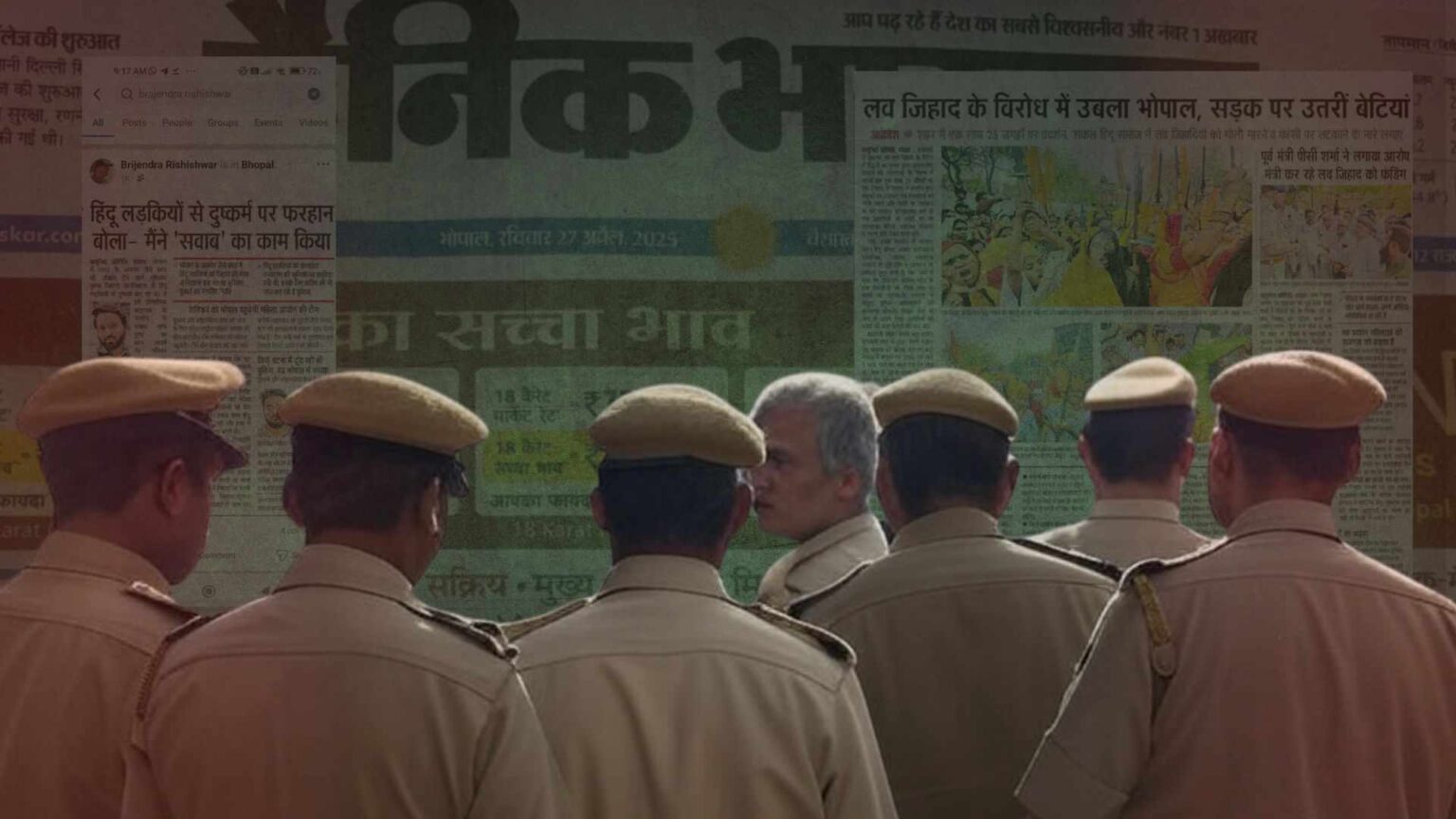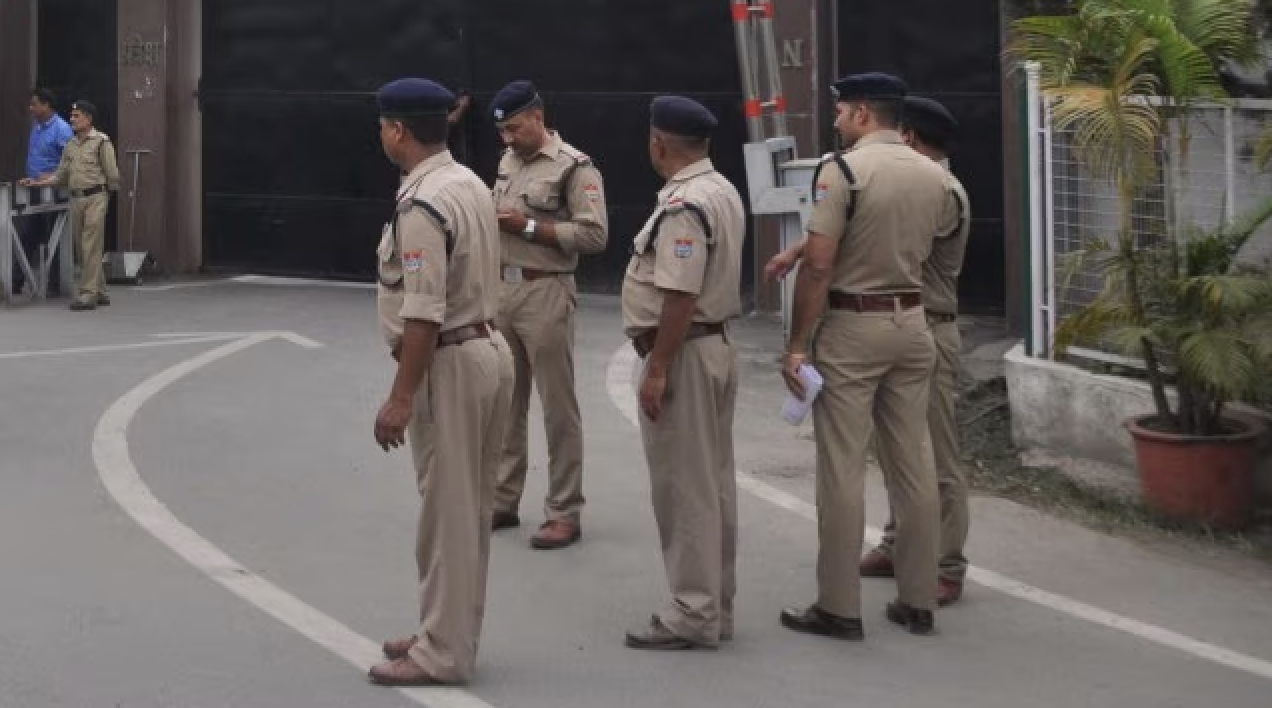
On Wednesday, the Supreme Court put sedition
trials on hold and asked the government to refrain from filing new cases under Section 124A of the Indian Penal Code while it re-examined the colonial-era provision.
Section 124A, which describes sedition, criminalises attempts to bring into “hatred or contempt” or “excite disaffection” towards the government. The provision notes that “disaffection” includes disloyalty and all feelings of enmity towards the government.
Sedition, which entered the statute books in 1860 under colonial rule, has been used by governments in the post-Independence era to outlaw democratic dissent.
The website Article 14 has exhaustively tracked the misuse of the sedition law in India, highlighting how the section has been weaponised to crack down on dissent, criticism, target minorities, and go after Opposition leaders, even in states that are not ruled by the Bharatiya Janata Party.
Despite strong criticism and petitions and demands to strike down the section as unconstitutional and a relic of colonial rule that has no place in a modern democracy, the Narendra Modi government has defended the sedition law. However, on Wednesday, it told the court that it will re-examine and reconsider provisions of the highly contentious law.
While the court order initially received an enthusiastic response, experts have now unpacked it to show that it might not have the far-reaching impact that has been ascribed to it. Here are some articles that sound a cautionary note.
A missed opportunity
In Article 14, Lubhyathi Rangarajan pointed out that the Supreme Court had left it up to the government to re-examine the provisions, and expressed its “hope” that state and central governments will refrain from registering FIRs, missing out on a crucial opportunity to have seriously reviewed the rampant abuse of the law. Further, the court did not issue clear-cut instructions on the filing of new cases.
Rangarajan quotes Aparna Chandra, a member of the editorial board of Article 14: “Past experience shows that provisions such as 66A of the Information Technology Act, 2000 were struck down entirely by the Supreme Court but are continuing to be used.”
Easy relief
Manu Sebastian in Live Law unpacks aspects of the order on whether fresh cases can be filed while the provision has been kept in abeyance.
“The gist of direction (c) is that if any fresh case is registered for sedition, the Courts are to consider the bail applications or petitions seeking quashing of the FIR filed by accused taking into account the order of the Supreme Court and the “clear stand” taken by the Union of India that then provision is of colonial origin and it requires re-consideration and re-examination.”
He added, “Although registration of FIRs [first information report] for sedition are technically possible even after this order, the Court has conveyed its intention that the accused should be able to get easy relief against coercive actions. Also, no framing of charges or trial or appeal can proceed with respect to this provision after this order.”
Other draconian laws
Chitranshul Sinha writing in The Indian Express said the verdict was a “small win” but noted that if sedition cannot be applied, stringent provisions of other draconian laws such as Unlawful Activities (Prevention) Act are always at hand for governments that want to curb dissent and targeting critics.
He pointed out:
“Further, the language of section 124A IPC is mirrored in the Unlawful Activities (Prevention) Act, 1967 (UAPA) under the definition of “unlawful activities” which continues to be misused across the country against journalists and civil society, most recently in Kashmir. There is nothing preventing the government from simply switching to the UAPA instead of section 124A IPC. Provisions pertaining to bail under the UAPA are so stringent that it is near impossible to obtain the same. It also elevates the offence of sedition to the level of being a federal offence and grants powers to the National Investigation Agency to investigate and prosecute such offences.”
‘Ask Kashmiris’
Writing in Business Standard, Kanika Dattaa, also said it was too early to conclude that India was about to enter a “Golden Age of freedom of expression”. She wrote:
“Attaining that paradise depends just as much on the political environment and credibility of the law enforcement and legal apparatus. When populist leaders build popular bases on exclusionary ideology or an absence of tolerance or both, the signals tend to be duly received down the line. Any thin-skinned regime at the Centre and the states and their freelance guardians can marshal a range of laws in the statute books to suppress dissent in a manner no less draconian than Section 124A of the Indian Penal Code (IPC). Ask the thousands of Kashmiris detained by the Indian state without the benefit of habeas corpus after Article 370 was read down.”
Dattaa noted how various laws and penal provisions have been effectively weaponised to stamp out any contrarian opinions or ideas or even jokes, like in the case of comedian Munawar Faruqui who was booked and jailed for “outraging religious feelings”, among other sections.
‘Spirit of the order’
In an editorial, The Hindu outlined the task ahead for the Supreme Court as well as the government, and noted that the court’s stance on the concern over cases being filed, despite the law being kept in abeyance:
“Perhaps, realising that its order may not be enough to deter thin-skinned and vindictive governments and politically pliant police officers from invoking it against detractors and dissenters, the Court has given liberty to the people to approach the jurisdiction courts if any fresh case is registered for sedition and cite in their support the present order, as well as the Union government’s stand.”
The Hindu pointed out that Supreme Court, instead of striking down the section, has allowed the government to re-examine the provisions, allowing it to possibly retain it with a narrower scope. The editorial, however, urged the government “heed the spirit of the order and take effective steps to prevent its misuse”.
This article first appeared on scroll.in






